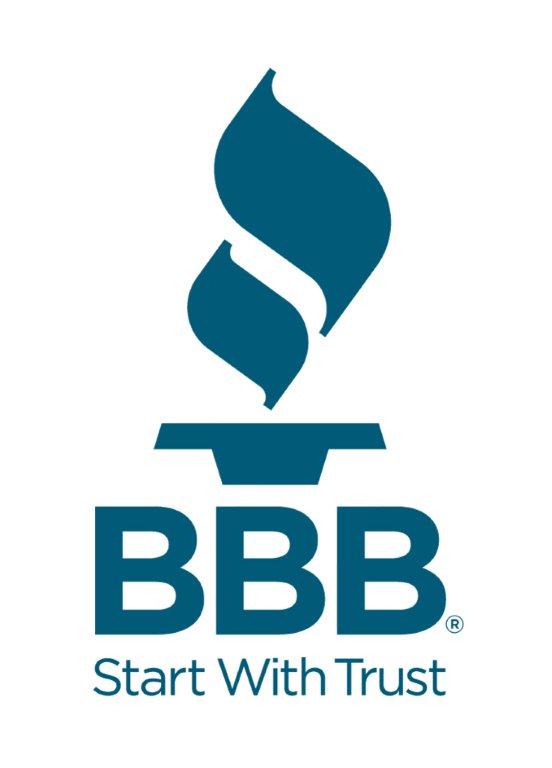By Sandra Guile
Special to NKyTribune
Does it seem like there are more robocalls and spoofed numbers appearing on your cell phone lately? On average, 112 million of these calls are placed per day or 1,297 calls placed per second to the more than six billion smartphones in circulation.
As if your phone didn’t buzz enough, 15.2 million text messages are sent around the world per minute. Of those, 90 percent are opened within three seconds of receipt and, so far, there isn’t a form of text filter technology available to screen out scammers.
Why Are There So Many Calls and Messages?
Cell phones are part of our everyday lives. Can you imagine a day without it? Maybe you could, however, we count on email, text, and access to the internet for routine activities like shopping, research and communicating with friends or family. Technology has made it easier for cybercriminals to connect with the masses as well as using phishing techniques that aren’t limited to email.

Thieves are venturing into smishing, a social engineering attack utilizing SMS text messaging. It’s disguised as an urgent message from your bank, favorite retailer or streaming provider asking to confirm payment information, account data or some other form of personal information by clicking on an enclosed link. Just like email, if you were to click on it, you would be connected to a cyber thief somewhere on the Dark Web.
Spoofing is when a caller intentionally falsified the number displayed on the Caller ID to disguise their identity. By doing this, the caller can then target certain area codes (known as neighbor spoofing) and trick someone into giving away personal information as part of a fraudulent act.
Be On Guard and Report It
Recent highly publicized data breaches over the past couple of years involving millions of personal records, cybercriminals have access to a large pool of legitimate phone numbers. This makes it possible to extrapolate these records in order to better target the users who have these numbers to carry out a smishing attack, spoof a specific area code or send out a mass robocall to thousands of potential victims.
The Federal Communications Commission, Federal Trade Commission, and several wireless providers are collaborating to cut down on these activities which often originate outside of the United States. Until the best solution is found, users are encouraged to avoid installing apps from unknown web links that are sent from unfamiliar sources.
The next time an unfamiliar phone number appears in the caller ID even if it looks like it’s from the same area code, don’t answer it and let it go to voicemail. Unfamiliar text messages should be treated the same way. Refrain from responding to the sender or clicking on any attachments or links. Delete the message and report it to scamtracker.org, ftc.gov and to fcc.gov.
Sandra Guile is the Community Outreach Specialist for BBB. She promotes BBB’s message of marketplace ethics through public speaking engagements, presentations, media relations, press releases, web content, and other written materials. Your BBB is located at 1 East 4th Street Suite 600 Cincinnati, Ohio 45202 – to reach the office, call (513) 421-3015.























